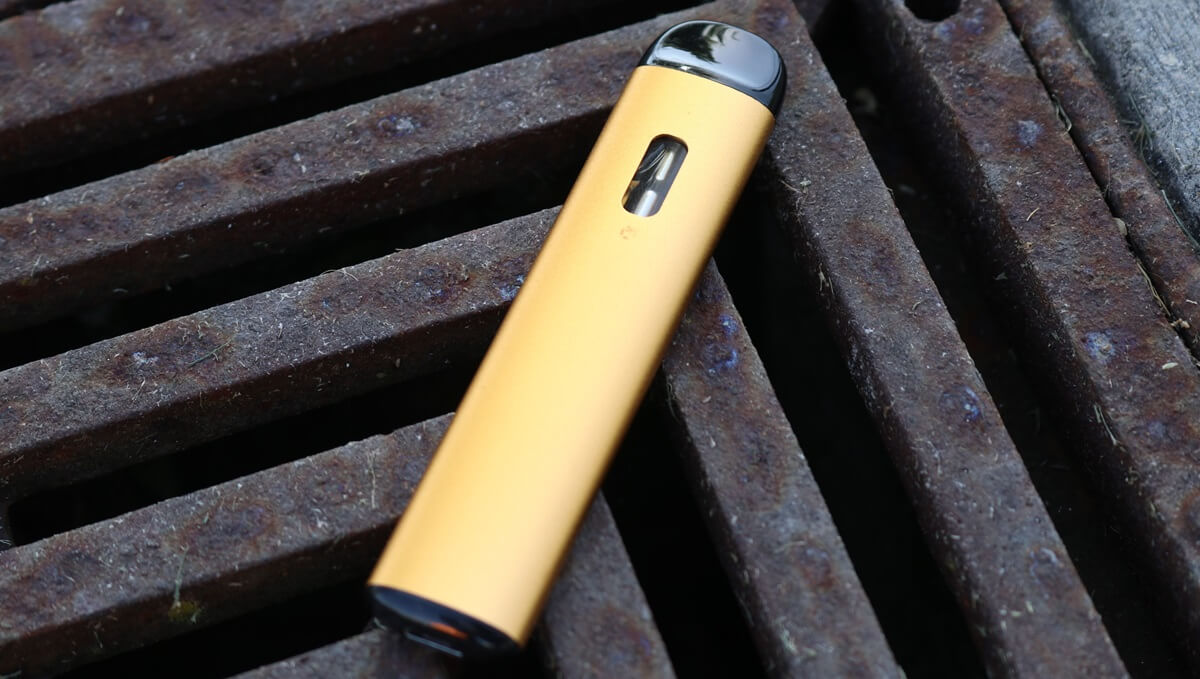How well does vaping work to help smokers quit? This was one of the topics hotly debated (at length) at the recent Tobacco Harm Reduction Senate Inquiry. For anyone who tuned in online to the Senate Inquiry (we don’t blame you if you didn’t!), it may have been quite confusing to interpret, with conflicting opinions on the effectiveness of vaping as a smoking cessation treatment. This was in part due to some witnesses citing old studies that used very low nicotine vapes, and or older, more primitive vaping devices.
A recent study published in the widely respected New England Journal of Medicine compared the effectiveness of nicotine vaping (e-cigarettes) to standard nicotine replacement therapy such as patches and gum, in helping smokers to quit.
Previous studies had been mixed, and largely suggested that vaping was about as effective as gums and patches. Many of these earlier studies used older ‘first-generation’ vaping devices, many of which delivered nicotine doses far lower than smokers were accustomed to. It’s perhaps not surprising that the results were a little disappointing! However the good news is that by using newer ‘second-generation’ devices containing higher nicotine concentrations (initially 18mg/mL), smokers were much more likely to quit, even compared to conventional nicotine replacement such as nicotine gum and patches.
Multiple studies have shown that dual nicotine replacement therapy is more effective than monotherapy. Simply put, by using a strategy such as a nicotine patch, plus gum for breakthrough cravings, you’re more likely to succeed than using one option on its own. We also know that smokers are more likely to succeed if they have access to medical support via their GP or a counselling service, eg. QuitLine.
Despite using dual therapy, and having regular support, the group that was randomly assigned this treatment was less likely to succeed in quitting than the group randomly assigned an e-cigarette to vape instead.
In the study, conducted in the UK, a total of 886 smokers were randomised into two groups. Approximately half were prescribed conventional nicotine replacement therapy, and half were prescribed an e-cigarette to vape. After one year, 18.0% in the e-cigarette group had been able to remain smoke-free, compared with 9.9% in the nicotine-replacement group. This was confirmed via carbon monoxide readings taken at the end of the study.
Both e-cigarettes and nicotine-replacement products were perceived to be slightly less satisfying than cigarettes. However, e-cigarettes provided greater satisfaction and were rated as more helpful to refrain from smoking than nicotine-replacement products.
Among participants in the study who were able to quit smoking for at least one week, as well as participants who were able to quit smoking for at least four weeks, those in the e-cigarette group had less severe urges to smoke than those in the nicotine-replacement group.
What about safety/side effects?
Both groups experienced side effects, however these were considered to be mild. The most common side effects for participants in the trial were nausea, mouth irritation, and throat irritation. Nausea was more common in the nicotine replacement group, while mouth and throat irritation was more common in the vaping group.
Of the 886 smokers there were 27 serious adverse events in the e-cigarette group and 22 in the nicotine-replacement group, however no serious adverse event in either group was found to be related to treatment. There were more significant respiratory events in the vaping group (five versus one) however in four of these five cases the participants were found to be smoking.
Throughout the trial, one participant died in each group. In both cases this was unrelated to their treatment.
Short term (for up to one year) the study suggests that vaping has a similar safety profile to standard nicotine replacement therapy.
Should Vaping be Prescribed Instead of Nicotine Gums/Patches?
While this study found that vaping was significantly more likely to succeed than conventional nicotine replacement, there are a number of reasons why vaping shouldn’t be the first choice.
Firstly, the safety of standard nicotine replacement like gums and patches is well established. These products are known to be very safe, and while e-cigarettes are newer products and short-term appear to be safe, the long-term safety is still unclear. While it is now almost without doubt that in the long-term, vaping is significantly safer than smoking (up to 95% safer), it is not yet clear whether long-term use is as safe as nicotine gum/patches.
It is also important to note the majority of participants had previously tried and failed nicotine replacement before participating in the trial. It can be reasonably argued that smokers who have already failed to quit using nicotine patches/gums are more likely to fail again, than smokers who have never tried gums or patches before. It’s perhaps unreasonable to assume that for all smokers, vaping will work better than standard nicotine replacement therapy.
It is also important to note that in the e-cigarette group, more participants continued to use nicotine after 12 months, compared to participants in the nicotine replacement group. This perhaps suggests that vaping may be a better aid to quitting smoking, but a less effective aid in quitting nicotine addiction altogether.
Finally, it’s vital to realise that while the trial indicated that vaping for one year appeared to be safe, that the trial used controlled vaping products for which quality and safety data was available, ensuring that they weren’t contaminated products. Almost all deaths directly related to vaping overseas have been traced back to poor quality vaping products which contained contaminants. If you are considering purchasing vaping products once you have a prescription, ensure that it’s from a reputable supplier who can provide third-party quality and safety data. Saving a few dollars by buying from an overseas supplier, or ‘under the counter’ from someone who isn’t able to provide this, isn’t worth the risk. Quit Clinics has reached out to a number of different suppliers for this data, and only a handful have responded. Our doctors will be happy to recommend a supplier if needed.
In summary, vaping doesn’t work for everyone, but this study suggests that vaping is potentially a more effective smoking cessation treatment than standard nicotine replacement therapy, particularly for smokers who have tried to quit previously with nicotine gums and/or patches. More research is required, particularly in the Australian population.
Importantly, the study also suggests that vaping is a more successful quitting aid when an appropriate initial dose is prescribed (in this case 18mg/ml) that matches a smoker’s normal nicotine intake. Smokers are also more successful in quitting if they are then given the freedom to adjust the strength, and flavour of the nicotine vaped according to what works best for them.
At Quit Clinics, when a patient is prescribed a vaping device, our experienced Authorised Prescribers will initially prescribe a tailored dose that will maximise your chances of quitting, and also prescribe alternative lower doses that will allow you the option to reduce your dose over time. This will maximise your chances of quitting nicotine altogether within 12 months.
If you’re unable to quit nicotine altogether within 12 months that’s OK, we’ll still be here to help. What matters most is that you stay off the cigarettes!






